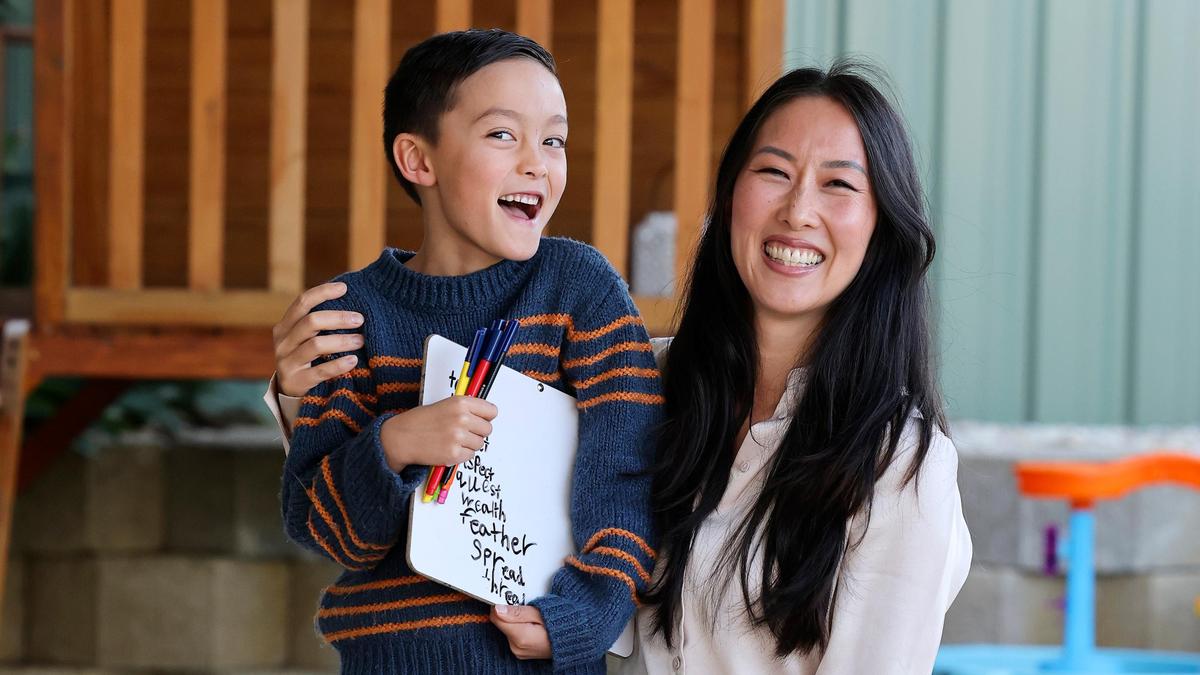In the exciting world of parenting, where every moment is an opportunity for growth and learning, researchers at Edith Cowan University in Western Australia have uncovered a fascinating discovery that may change the way parents approach teaching their children to write. The study brings both good news and bad news for parents who aspire to nurture their kids into proficient writers.
The good news? Parents hold more influence over their children’s writing skills than they might realize. The bad news? It’s not just about teaching writing; it’s about making it enjoyable for both the child and the parent. The research emphasizes that parents who engage in imaginative play and creative activities while teaching writing tend to raise better writers. This could involve activities like playing “restaurant” where kids create menus and take orders, enjoying a game of Scrabble, or even crafting birthday cards together.
Lead author of the study, Bronte Kelso-March, highlights the importance of the parent’s motivation and method when assisting children with writing at home. The research shows a strong correlation between parents’ enjoyment of writing activities with their children and the child’s own enjoyment of writing, as well as their writing proficiency. Kelso-March encourages parents to view writing as a game rather than a chore, emphasizing the significance of joyful engagement in the learning process.
“Parents who make writing fun through imaginative play and creative activities produce better writers.”
Kelly Ye, a parent who actively incorporates writing activities at home with her six-year-old son, Christian, shares how they make writing a delightful experience. Christian enthusiastically creates birthday cards for friends, scribbles on a whiteboard, and engages with activity books, all while receiving gold star rewards for his efforts. Ye observes that spending quality time with Christian daily enhances his confidence and skills in writing and spelling. She also mentions the challenges of balancing time with her two kids while her partner is frequently away for work.
“I find the more we spend time with Christian each day, the better and more confident he is in writing and spelling.”
Even Christian’s one-year-old sister, Saskia, is starting to show interest in writing activities. Ye describes how Saskia eagerly scribbles and attempts to draw pictures, showing a keen interest whenever she sees her brother engaged in writing. By involving Saskia in simple writing activities, the family encourages her early interest in writing and creativity.
“We try to get her involved in some ways every time, and her smile says it all.”
The study’s message to parents is clear: the positive impact of engaging in writing activities with children goes beyond just skill development. It fosters a love for writing, boosts confidence, and strengthens the parent-child bond. By approaching writing as a fun and engaging activity rather than a task, parents can create a nurturing environment that supports their child’s writing journey.
As parents worldwide navigate the complexities of raising children in an increasingly digital age, this research serves as a reminder of the simple yet profound ways in which parental involvement can shape a child’s development. It underscores the importance of making learning enjoyable and interactive, highlighting the transformative power of imaginative play in honing essential skills like writing.
In conclusion, the study from Edith Cowan University illuminates the pivotal role parents play in nurturing their children’s writing abilities. By embracing creativity, joy, and engagement in the writing process, parents can cultivate a love for writing in their children that extends far beyond the pages of a notebook. So, next time you sit down with your child to write, remember: it’s not just about the words on the page but the memories and connections you’re building together through the magic of storytelling and imagination.









Leave feedback about this